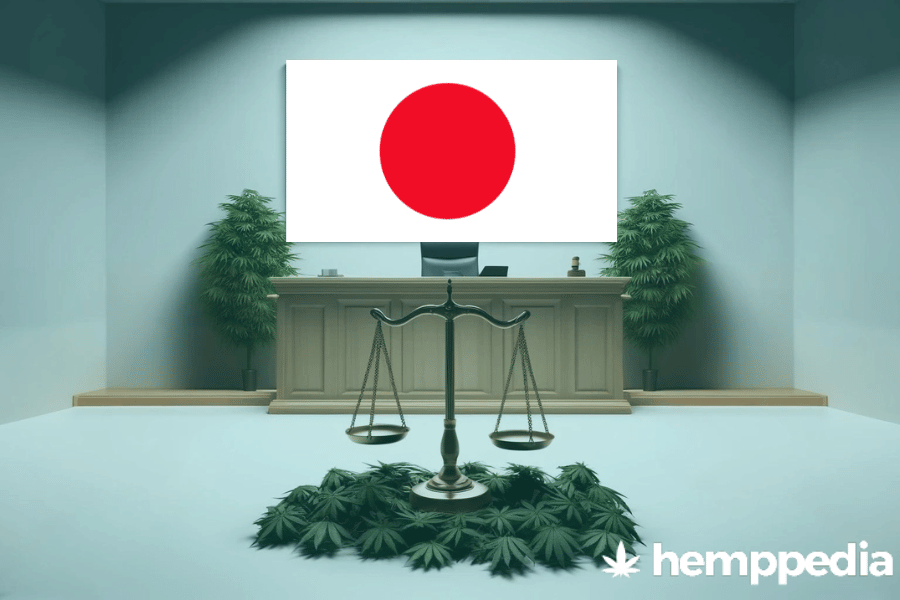Is CBD Legal in Japan? A Comprehensive Overview
TL;DR
In brief, the legality of CBD in Japan is narrowly defined and heavily regulated. It is legal to buy, possess, and use CBD products in the country, provided they contain absolutely no THC. This differentiates the treatment of CBD from other cannabis products, which remain illegal under Japanese law. This complex issue is part of a global shift toward regulating CBD, with many countries grappling with legal ambiguities and enforcement guidelines.
Key aspects of the CBD legal situation in Japan:
| Aspect | Legal Status |
|---|---|
| Usage | Legal (If THC-Free) |
| Possession Limits | No limit (If THC-Free) |
| THC Content | Must be Zero |
| Medical CBD | Not distinguished from other CBD |
| Hemp Cultivation | Highly Regulated |
Overview of CBD Legislation
CBD, or cannabidiol, is a natural compound found in the Cannabis Sativa plant. Unlike THC (tetrahydrocannabinol), it is not psychoactive and thus is treated differently under many regulatory frameworks. Globally, the legal status of CBD varies widely, with Japan standing out for its zero-tolerance policy towards THC in CBD products.
The Cannabis Control Law is the primary regulation affecting CBD legality in Japan. All bodies responsible for enforcing cannabis-related rules fall under the Ministry of Health, Labour and Welfare. Some of the significant conditions include zero THC content, strict guidelines on labeling, and no distinction between medical versus non-medical CBD.
Historical Context
Japan’s cannabis laws, including CBD, have remained stringent for many years, driven mainly by a cultural and societal emphasis on preventing drug misuse.
Possession, Use, Cultivation and Sales
CBD products with absolutely zero THC content can be legally bought, owned, used, and sold in Japan. The country also allows for the controlled cultivation of hemp under strict licensing, though most CBD products are imported since domestic production falls short of demand. Regulations require labeling that clearly states the absence of THC.
Enforcement and Penalties
Enforcement is strict, with penalties for non-compliance including up to five years imprisonment or a sizable fine. Enforcement actions are regularly reported, emphasizing the government’s commitment to uphold the law. Access to CBD for medical purposes does not diverge from these guidelines—THC-free CBD does not require a prescription.
Comparative Analysis
Compared to other countries, Japan’s firm stance on zero THC content takes a conservative approach. While this represents a significantly stricter position than many other nations, it is expected to evolve in response to international trends and ongoing research into CBD’s potential health benefits.
Conclusion
In conclusion, while CBD is legal in Japan, it is bound by strict conditions and regulations. The country’s stance, although strict compared to global trends, attests to the continually evolving global landscape of cannabis and CBD regulation. As research advances and global attitudes continue to shift, Japan’s regulations might also see changes.





